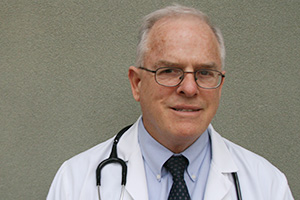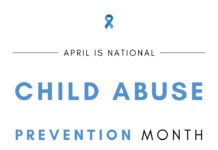
Opinions expressed are the writers’ and not necessarily the views of The Catholic Sun or the Diocese of Phoenix.
In 2008, 53-year-old Randy Stroup applied to the state of Oregon for cancer treatment. It was refused, but he was offered legally assisted suicide, which is also legal now in Washington, Montana and Vermont. There are initiatives to get it legalized or non-punishable in many other states as well.
Most of us, including Randy, would feel horror at being offered assisted suicide, or even the thought of inveigling a doctor to formally cooperate with a mortal sin. So what was the state refusing Stroup?
The drug, Sipuleucel-T, trade name Provenge, then cost about $90,000, and offered a median life extension of 4.1 months. Fine for the Stroup family to pay for. But should you and I, and the rest of us pay for it?
Keep on living?
You would think people who looked forward to heaven would be less willing to spend a fortune for just a few more months here, especially with a deteriorating quality of life, but apparently that’s not been reported to be the case – at least with tax dollars. I don’t know why. Interestingly, health care professionals are unlikely to opt for brief life extensions. They know better, and they value life quality.
But expensive care can pay off. My mother-in-law had a coronary bypass at 79 and lived 11 more active years. One of her bills was $91,000. Just before my 70th birthday, over 90 percent of a heart artery blocked off. For $50,000 and in less than an hour, a little stent pushed in painlessly through my leg opened it and here I am writing this – admittedly of questionable value. Many people work hard and don’t make this kind of money in a year – I get it. Yet we would have died without these timely interventions – and so would many others.
What to do? Would we have been better persons to quietly fade away? Be like old Eskimos abandoned on the ice, so scarce resources could be usefully expended on younger people with serious needs? After all, her family and mine were raised, our bills were paid. We had lived full lives.
Socially responsible
Secularists wish to equate suicide with refusing extraordinary care – that which is burdensome, overly expensive, risky, too painful, or otherwise disproportionate to the good that might come. But suicide or euthanasia is to cause death. Refusing the extraordinary is just allowing death to happen. This moral distinction is critical.
Interesting reading is “Why I Hope to Die at 75” by 57-year-old Ezekial Emanuel, who among other things, advised the Office of Management and Budget. The OMB assists the White House in the preparation and administration of the federal budget. Emanuel’s article appeared in last month’s Atlantic. He’s got lots of data, and is not advocating suicide or euthanasia, but basically, he claims he wants no big tests and essentially, only palliative care after age 75.
Well, end-of-life care can be really expensive. In 2011, 28 percent of Medicare dollars were spent on patients’ last six months. That amounted to $170 billion. Snopes and PolitiFact flatly deny any attempt or even consideration by our government to begin limiting care of people over age 75, but does that mean we old people are safe? Well, how confident are you of government spokesmen?
I think we’re going to see increasing pressure for legalization of assisted suicide – on politicians, health care providers and on patients. Add to that, pressures on families for euthanasia, which in fact, is already being done. It’s sometimes euphemistically called “terminal sedation,” particularly where transplant of vital organs is at stake. But like abortion, it’s all about killing a defenseless person. And like abortion, beware. I fear people are getting used to the idea, especially where pain and suffering are involved.
What are we obliged to do?
No one is morally obliged to seek extraordinary care. And deteriorating quality of life can often turn some ordinary care to extraordinary. But asking our fellow citizens to spend enormous amounts of money for a few more days really doesn’t seem socially responsible. Sure, it may not cost me or my family anything directly, because these last huge expenditures are paid from Medicare tax dollars, but who pays those? The welfare of those we leave behind should strongly influence our decision, especially as the elderly segment of the population grows and theirs shrinks. Otherwise, we should demand every ordinary day we’ve been given – we likely need it. Benedicamus Domino.






